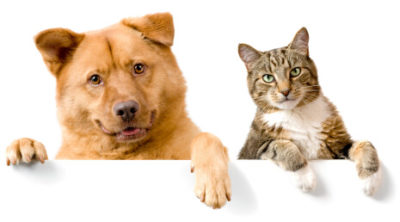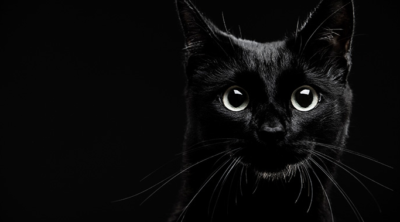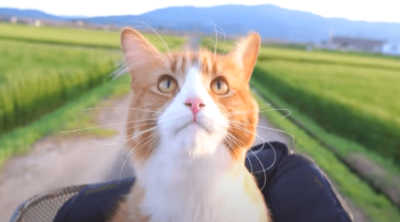
Milk thistle, a herb that has long been used for treating liver diseases in humans, is also found to be useful for animals. Read on for some details about the dosage of this herb for cats.
It is a fact that herbs have been used by humans since time immemorial. Now, we have a long list of herbs with a myriad of uses and health benefits. This includes milk thistle, which is a thorny flowering plant that is native to the Mediterranean region. It is believed that the plant has been used to treat liver diseases in humans, for a very long time.
Apart from promoting the functions of the liver, this herb is also used for treating certain liver problems like cirrhosis, certain forms of hepatitis and mushroom poisoning. Studies show that the main component in milk thistle extract is silymarin, which is said to be beneficial for the liver. Apart from humans, animals too are said to benefit from this herb.
Milk Thistle for Cats
Similar to humans, liver is one of the vital organs for animals too. They are also prone to diseases of the liver, due to various reasons. Functioning of the liver can be affected with such diseases and in case of cats, the most common symptoms of liver disease include fatigue, loss of appetite, increased urination, bad breath, vomiting, pale-colored or gray-colored stools and weight loss.
In severe cases, the affected cats may develop swollen abdomen, confusion, seizures and jaundice. This condition can be fatal for the animals and so, early diagnosis and treatment is always beneficial. The common liver diseases in cats include feline hepatic lipidosis, toxic hepatopathy, cholangitis and portosystemic shunt. Milk thistle supplements can be used in such cats, as a part of supportive care.
Apart from protecting the liver from the damage that can be caused by free radicals, milk thistle is also said to be beneficial in strengthening the liver membranes. This herb is claimed to boost the rate of liver recovery and protect the organ from being bound by toxins. It is also believed that this herb stimulates growth of new liver cells, in place of damaged ones. This herb is recommended by vets for felines with liver conditions, like hepatitis, cholangitis, fatty liver, inflammatory liver disease, hepatomegaly and cancer.
Right Dosage
As in case of other drugs, milk thistle dosage for cats may also vary from one feline to another. The right dosage is decided by the vet on the basis of various factors like the underlying cause, the condition of the cat, breed of the cat and its age and body size. This herb is now available in the form of pills/capsules and liquid extract. Make sure to purchase the product that is meant for cats and not those labeled as ‘for veterinary use’. It has also been observed that liquid form of this herb is more preferred for cats, as it is easy to administer. It is also advisable to use milk thistle derivatives instead of silymarin-only supplements.
The dosage is decided on the basis of silymarin content. In case of cats, a single extract or powder capsule of 100 mg strength is used daily. This dose is for cats with a body weight of around 10 pounds. This dosage may be increased slightly for larger cats and those with severe liver problems.
On the other hand, the dosage will be reduced for cats with a body weight less than 10 pounds. In case of tablets with a strength of 250 mg, half a tablet will be sufficient. As far as liquid milk thistle for cats is concerned, the dosage may vary from 5 to 10 drops per day (divided into 2-3 times a day). In general, one drop of this extract is administered for every two pounds of the body weight of the cat.
Even though, there is no conclusive proof for the efficacy of this herb in felines, most of the pet owners are satisfied with its results. However, you must administer this herb to your pet cat, as per the instructions of the vet. He is the best person to determine whether the herb will prove effective for the feline and what will be the right milk thistle dosage for the animal. As mentioned above, the dosage may vary as per individual conditions. High doses of milk thistle may cause stomach upset and in such cases, lower the dose as per the vet’s advice.
Disclaimer: This article is for informational purposes only and should not be used as a replacement for expert medical advice. So, follow the vet’s instructions while administering herbal supplements like milk thistle for cats.



